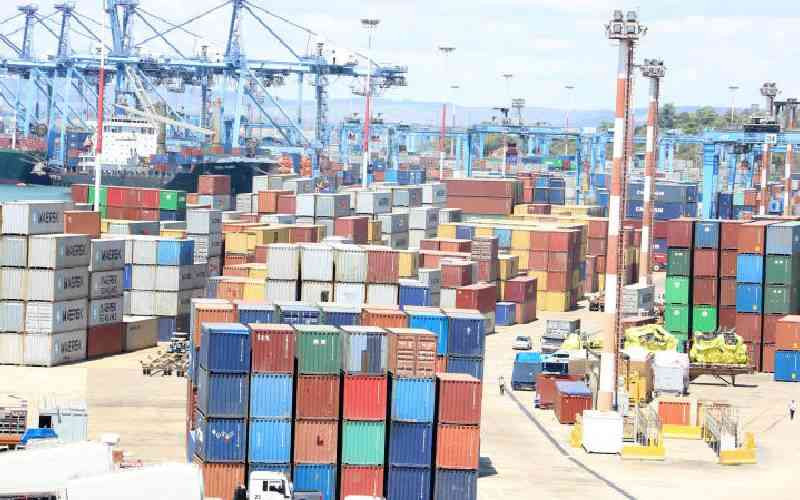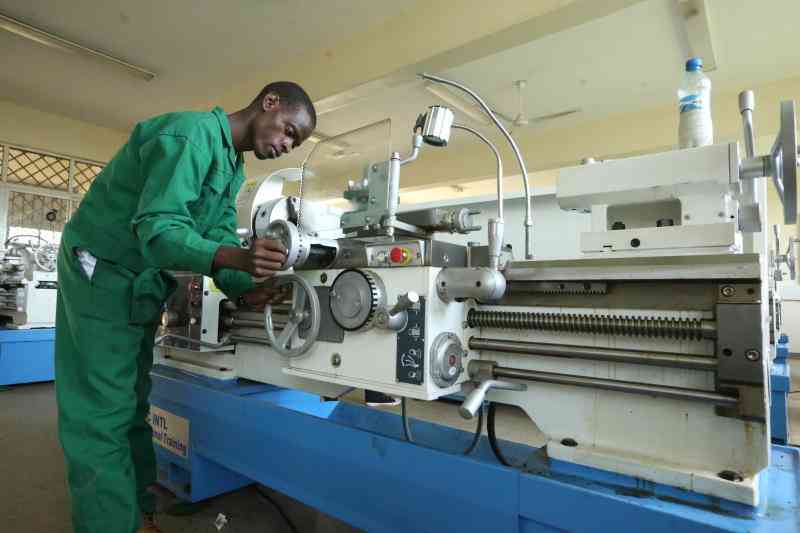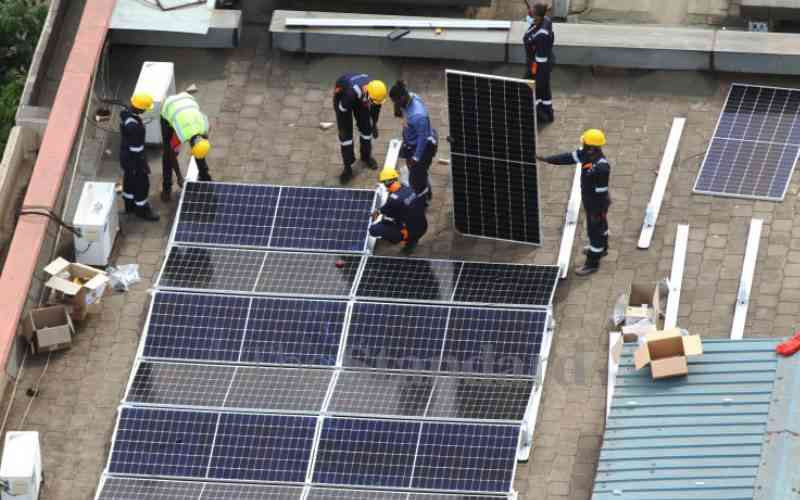Langata Cemetery ,Nairobi. February 14th,2025. [Elvis Ogina,Standard]
×
The Standard e-Paper
Home To Bold Columnists

The burial of veteran broadcaster Leonard Mambo Mbotela at Lang'ata Public Cemetery on Saturday has sparked intense debate across Kenya.
From politicians to artists and media personalities, many expressed the view that interring Mbotela's remains in a public cemetery belittled a man they considered an icon.






